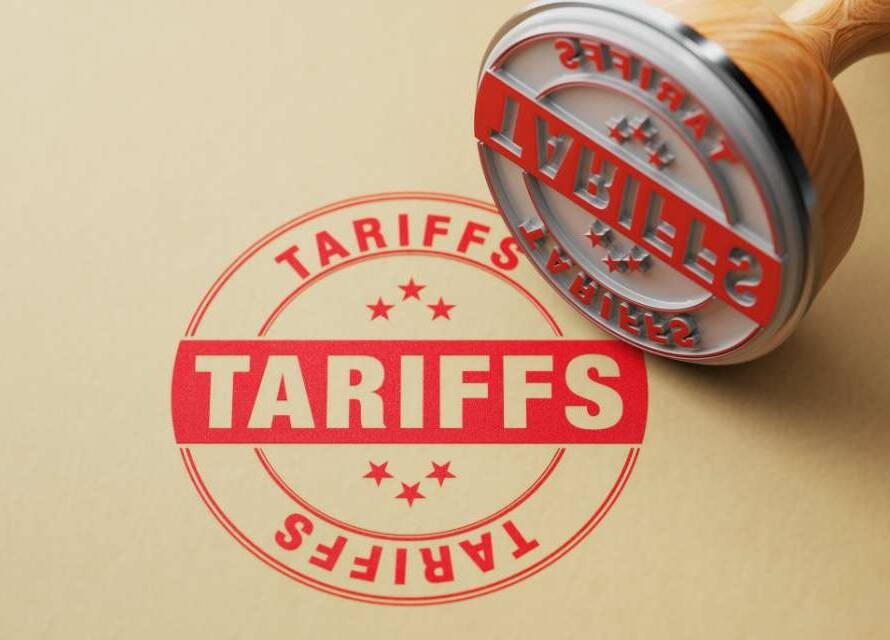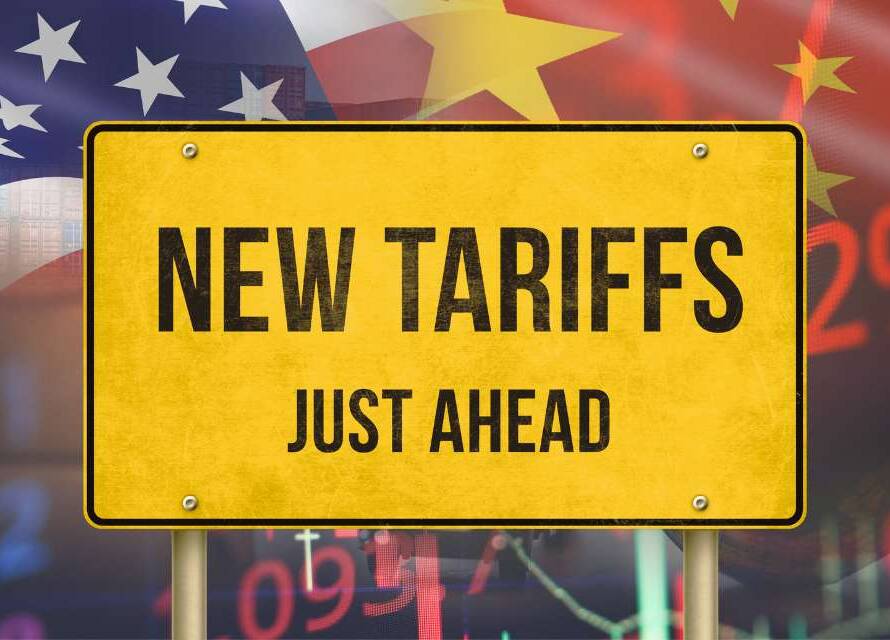As U.S. manufacturers brace for the possibility of Donald Trump returning to the White House in 2025, the need to diversify supply chains becomes more pressing than ever. Trump’s stringent trade policies and tariffs on Chinese goods during his previous administration led to significant disruptions and increased costs. A renewed Trump administration is likely to revisit these strategies, making it imperative for manufacturers to act now.
Mitigating the Impact of Trump’s First Term
During his first term, Trump’s trade war with China resulted in tariffs that significantly impacted U.S. manufacturers. In his recent campaign speeches, Trump reiterated his critical stance on China’s economic practices, accusing China of “ripping off” the United States and violating trade agreements. His emphasis on tariffs as a tool to counteract these practices suggests an intensification of his previous policies.
Faced with these challenges, manufacturers employed a range of tactics to adapt:
- Diversifying sourcing: Many companies sought alternatives to Chinese suppliers, turning to regions like Mexico, Vietnam, and India. This diversification helped mitigate the impact of tariffs.
- Absorbing costs: Some manufacturers chose to absorb increased costs to remain competitive, despite the financial strain.
- Passing on costs: In sectors heavily dependent on Chinese imports, some companies passed added expenses to customers.
- Temporary solutions: Strategies such as transshipment through third countries were used to dodge some tariffs.
- Reallocating resources: Medium-term strategies included scaling production and reallocating resources to facilities outside China.
- Long-term planning: Companies began investing in more permanent shifts away from Chinese supply chains, a process requiring substantial foresight and capital.
Preparing for a Potential Second Trump Term
A potential second term for Trump could bring even more aggressive trade policies. In his campaign speeches, Trump proposed escalating tariffs on Chinese products to 60%, up from the current 19%. This drastic measure would substantially increase costs for manufacturers relying on Chinese components or materials, underscoring the urgent need for alternative sourcing options.
Further, Trump has outlined plans to phase in a complete ban on imports of key Chinese-made goods like electronics, steel, and pharmaceuticals. Such a move would necessitate rapid adjustments from U.S. manufacturers and could lead to significant disruptions in the supply chain.
The potential for stricter trade policies highlights the importance of proactive supply chain diversification. Manufacturers must not wait for policy changes to take effect. Instead, they should start diversifying their supplier base, exploring domestic production, and forging new partnerships in regions less affected by U.S. tariffs.
As a U.S.-based company with 30 years of experience, Source Machining Specialties specializes in helping U.S. manufacturers with their manufacturing needs in India. We’re so confident in our Indian production facilities that we invite you to a site audit at our expense. Discover more about our capabilities and services, and let’s start a conversation.



